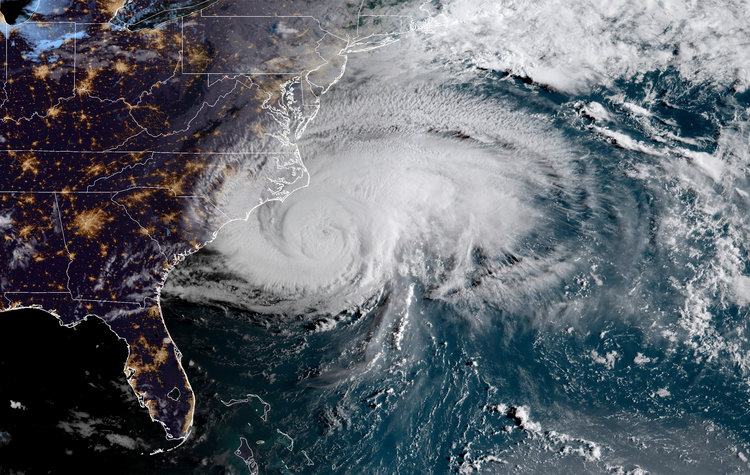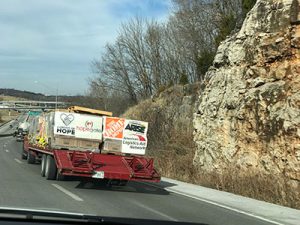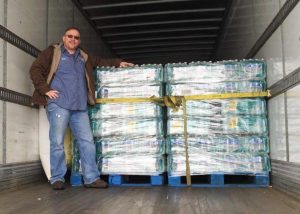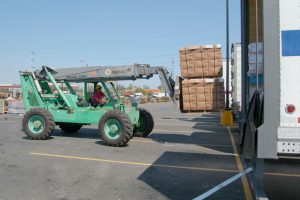When you’ve been married as long as I have, a funny thing starts to happen. At some point, you not only feel like you’ve heard your spouse tell a particular story more times than you can count, you also wish you could just fast forward to the end. (Admit it. We’ve all been there!)
The same kind of thing happens with major hurricanes. While they’re interesting headline news at first, they can quickly begin to feel like the same old story, especially after all the wind, rain and initial excitement have died down.
That’s kind of where we are with Hurricane Florence. Over the past couple of weeks, we have pushed through the initial preparation and response phase. Non-profits have shipped and delivered supplies. Numerous professionals and volunteers have stepped up to stage rescues and administer care. And ALAN has been there to coordinate a wide variety of logistics relief activities. Meanwhile, the storm has been such a ubiquitous part of the news cycle that many people probably just wish it would just go away already.
But unfortunately, this saga is really just beginning, especially for the good people of the Carolinas.
I know, because I’ve been here before. I remember driving through south Louisiana a couple of months after floods devastated Livingston Parish. There were still piles of trash on the roads, including the ruined remains of people’s houses, drywall and baby dolls, clothing and Christmas trees. All jumbled together, placed not-so-gingerly awaiting their turn to be toted to the closest landfill. In a similar vein, I recall working with relief agencies after Hurricane Maria as they operated out of hot, dark warehouses when for months trees were still being cut off downed power lines.
Even now some residents of the Carolinas are still waiting for flood waters to recede just so they can return to their homes. And once they finally do, they have a lot of hard work ahead of them: Carpet and drywall have to be gutted. Mementos have to be sorted, and difficult decisions must be made about what is able to be salvaged and what can only be discarded.
Thankfully they won’t have to go through this heartbreak alone. As the clean-up begins in the Carolinas, numerous non-profits will be there to help, and they’ll need tons of heavy equipment, as well as shovels, rakes, gloves, and proper protective gear to get the job done. And once the clean-up is completed, those and other non-profits will need sheetrock and insulation and hammers and nails so that rebuilding can begin.
That’s where we at ALAN come in, because it’s going to take a lot of logistics in the form of trucks, warehouses, forklifts, pallet jacks and expertise to make deliveries of those items possible. And we and our partners will be asked to help supply many of them.
All of that is to say – if you haven’t gotten to help us out with a response to Hurricane Florence yet, don’t worry. You’ll have many more opportunities to contribute in the weeks and months to come, so stay tuned, and keep checking in with us, because we’ll be issuing updates and requests for assistance frequently.
Do I wish we could hit the fast-forward button to the time when people will no longer need our help with Florence’s aftermath? Absolutely, because that would mean the worst is over for this disaster’s survivors. However, I’m also grateful for the many bright spots and amazing examples of compassion I’ll see along the path to recovery. It’s heartening to know that there are so many non-profit organizations there to help North and South Carolina pick up the pieces for as long as it takes – and that many of those non-profits trust ALAN to help them in their work. Thank you for making that possible.





